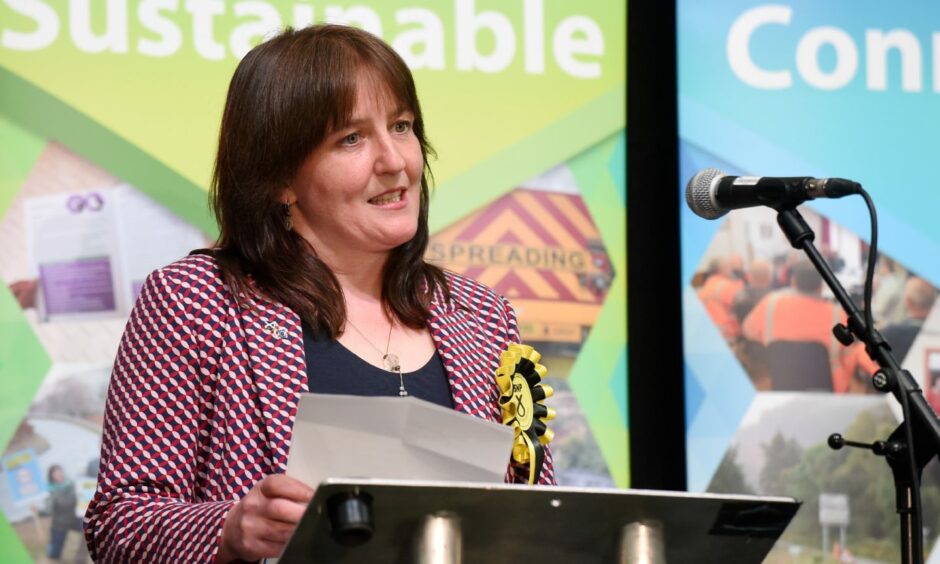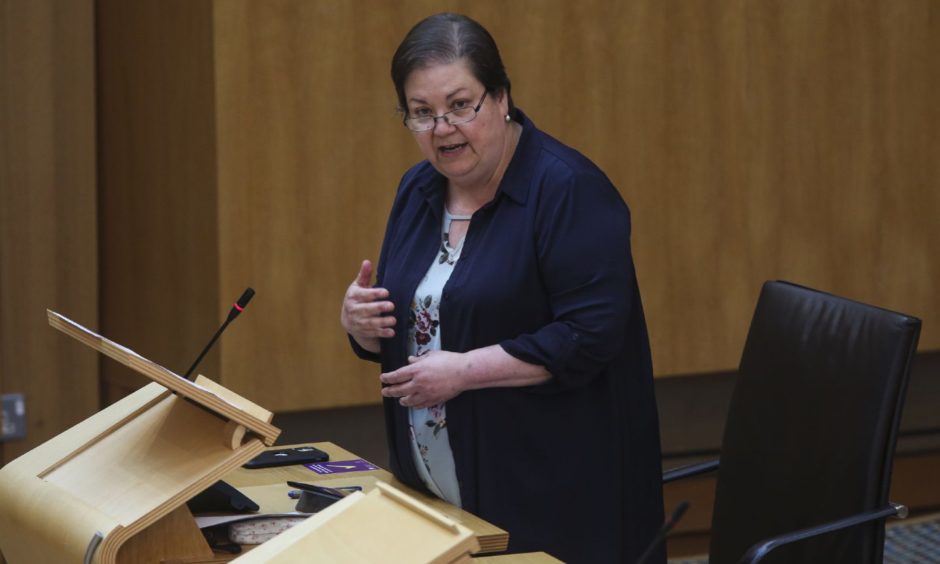A woman has died from cervical cancer and a “small number” have developed the disease after being wrongly excluded from Scotland’s screening programme.
Public Health Minister Maree Todd said a “serious adverse event” in Scotland’s cervical cancer screening programme resulted in around 430 women being incorrectly told they did not need checked over the last 24 years.
A “very small number” of women developed the disease and one has since died after being “wrongly excluded” from the programme.
Ms Todd told MSPs “an NHS health board” made the discovery in December 2020, after it conducted its annual invasive cervical cancer audit.
GP practices have written to those affected and they will be given fast-tracked appointments “within a few weeks”.
No other routine audits in NHS boards to date have found any further instances where someone has developed cervical cancer, after having been incorrectly excluded from the programme.
Urgent review
The issue affected women who had partial hysterectomies more than 20 years ago.
Most hysterectomies involve the removal of the cervix, following which there is no further need for cervical screening.
However, sometimes a hysterectomy is performed, in which part or all of the cervix remains.
Where someone has had such a ‘sub-total’ hysterectomy, the person should continue to be invited for cervical screening if they are within the eligible age range.
In response to this situation, a national review is taking place of everyone who has been excluded from the screening programme.
The initial part of the review has involved women whose records show they have had a sub-total hysterectomy, and whose operations took place from 1997 onwards.
Work is also “proceeding urgently” to review the records of those who had partial hysterectomies before 1997 – which are recorded in an older part of the medical records system.
Ms Todd accepted the incident “will be profoundly worrying to many people” and that there had been “devastating consequences” for those women who had been diagnosed with cancer.
While acknowledging that “nothing I can say can undo that”, Ms Todd told MSPs lessons will be learned “so it cannot happen again”.
‘Extremely serious’
Scottish Labour deputy leader and health and social care spokeswoman, Jackie Baillie, described the situation as “extremely serious”.
She said the the “full scale” of this error would not yet be known but that it “could impact on many more women than the 220 excluded from the screening programme since 1999”.
Cervical cancer is the most common cancer in women aged 25 to 34 in Scotland.
Signs and symptoms of the disease include unusual discharge, or bleeding after sex, between periods or after the menopause.
Samantha Dixon, chief executive of Jo’s Cervical Cancer Trust, said: “For those affected this may be an incredibly difficult time and we are here for anyone who needs support through our helpline.
“NHS Scotland is acting quickly to contact everyone who may have been wrongly excluded from cervical screening, however swift action must be taken to identify what went wrong and ensure it cannot happen again.
“Cervical screening remains an important test and it’s important that women and people with a cervix, including those who have had a sub-total hysterectomy, continue to have access to it.”


